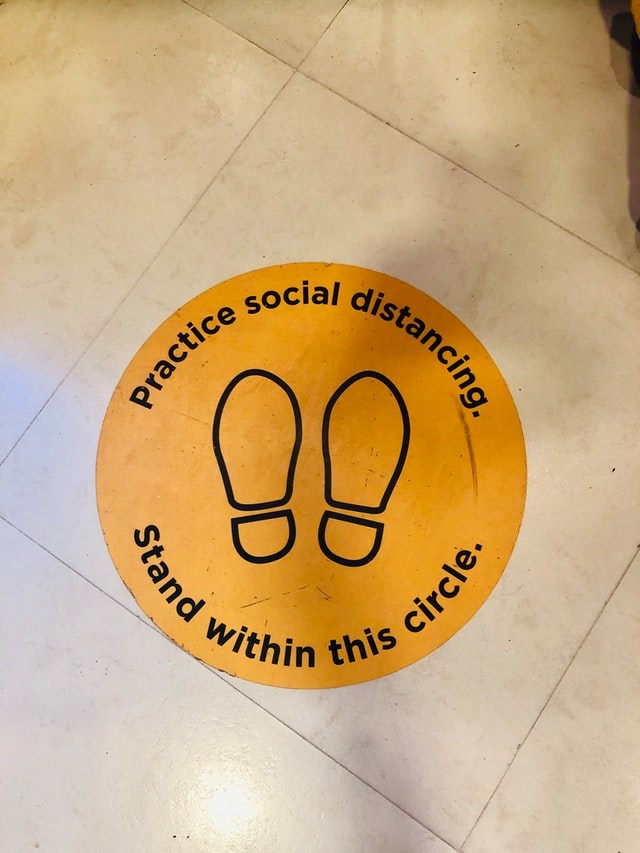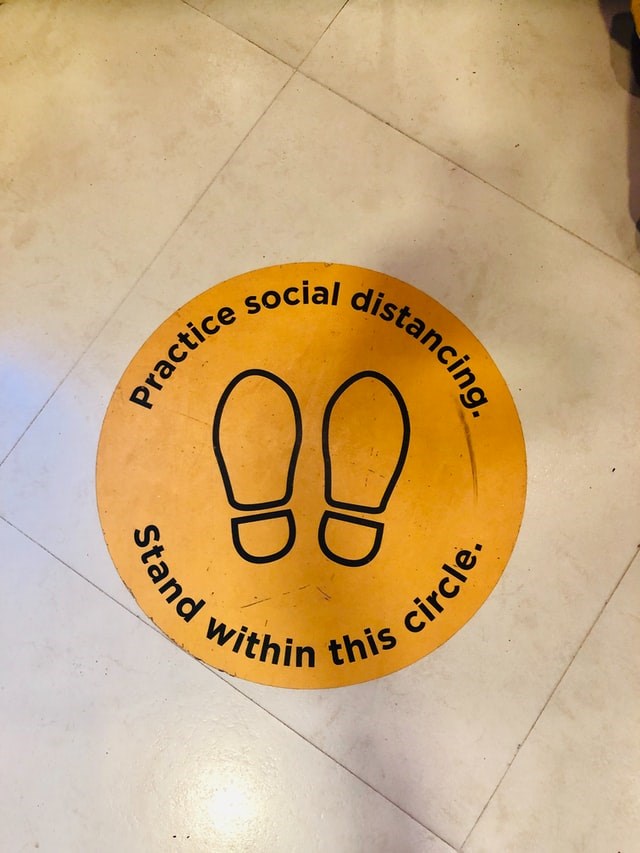 I really think I’m failing this course in how to live through a global pandemic. In fact, I don’t even remember signing up for it. Did everyone else get the syllabus? I didn’t, and have been woefully unprepared for all the assignments, papers and exams. Was stocking up on toilet paper, canned goods and yeast in February on the course outline? How about getting used to only seeing people via Zoom? Did the assigned textbook have any advice for keeping a sourdough starter alive or an easy recipe for banana bread?
I really think I’m failing this course in how to live through a global pandemic. In fact, I don’t even remember signing up for it. Did everyone else get the syllabus? I didn’t, and have been woefully unprepared for all the assignments, papers and exams. Was stocking up on toilet paper, canned goods and yeast in February on the course outline? How about getting used to only seeing people via Zoom? Did the assigned textbook have any advice for keeping a sourdough starter alive or an easy recipe for banana bread?
This has been a year of making things up as we go along, of muddling through. And, while it often seems like I’m flying blind and foundering, I’ve come to realize that it’s OK. In fact, I think it’s a spiritual gift to recognize that we muddle through most of life, doing the best we can with what we know, the previous experiences we’ve had, and our personal coping mechanisms.
Last spring I started to meet on Zoom with a morning prayer group. It was – and still is – a wonderful experience to pray each day in community with others. That half-hour space every morning grounded me at a time when everything felt very ungrounded. Together, we journeyed through the daily readings for Lent, Easter, Pentecost and then back into Ordinary Time. Many of the Gospel passages we read during that period focused on what happened after the Crucifixion and the impact it had on Jesus’ followers.
To say that the apostles and disciples were muddling through those dark days after Jesus’ death is putting it mildly. We see in several stories how each person struggled to make sense of things as they confronted an unexpected and scary new normal without Jesus.
Take Thomas, for example. His personal perspective on the world, the way he saw things, meant that he really needed physical proof that Jesus had risen and was appearing to others. Jesus gently chided Thomas for his apparent lack of faith, but I think needing that evidence was just how Thomas coped and muddled through. He was doing his best to understand a world that had gone sideways. As someone who has done Google News searches for “COVID vaccine” and “COVID treatment” countless times over the past few months, I don’t think I can fault him for that.
Neither can I fault the disciples who met Jesus on the road to Emmaus and didn’t recognize him. How could they? The grief they must have been feeling was likely overwhelming and blotted out everything else. They also thought Jesus was gone forever, so why would they expect for him to pop up on some random road? I think about how many times I’ve been stressed, worried, grieving or otherwise mired in my own emotions and couldn’t think past any of that, let alone notice much going on around me. It’s so understandable, so human that they didn’t recognize him. At least I think so.
It’s only when Jesus did something familiar, when he broke bread while eating with them, that they realized who he was. That comforting gesture that reminded them of their last meal with Jesus pulled them out of their grief and let them see him for the first time. It’s definitely a reminder for me that I need the touchstones of familiar activities and daily rituals to pull me back into reality sometimes.
And, then Jesus did that odd thing and completely vanished again just as they knew who he was. That has always struck me as weird, until recently when I paid attention to what happened next in the story. The disciples go back to the rest of their community and share what took place. I think that’s important. They went back to the comforting embrace of the other people who loved and followed Jesus, who were just as bereft as they were. And, then they shared the good news that they had seen him.
There’s a lesson there, I think, in that we need to hold each other up while we all struggle to muddle through. We need to share some good news and also be vulnerable with each other so that nobody feels alone as they cope in their own way. There is power in going through difficult times as community, however that looks. And, though were are isolated right now, hopefully we realize we are not alone, and that we also take it upon ourselves to make sure others don’t feel like they are alone either.
Blessed are we all as we muddle through this year, and beyond. I firmly believe that it will get better, but we just have to wait to see what that looks like.
 Kevin Aschenbrenner is a Victoria-based writer, poet and communications professional. He holds an M.A. in Culture and Spirituality from the Sophia Center at Holy Names University in Oakland, Calif. He blogs at www.dearpopefrancis.ca.
Kevin Aschenbrenner is a Victoria-based writer, poet and communications professional. He holds an M.A. in Culture and Spirituality from the Sophia Center at Holy Names University in Oakland, Calif. He blogs at www.dearpopefrancis.ca.
You can read more articles on our interfaith blog, Spiritually Speaking, HERE



